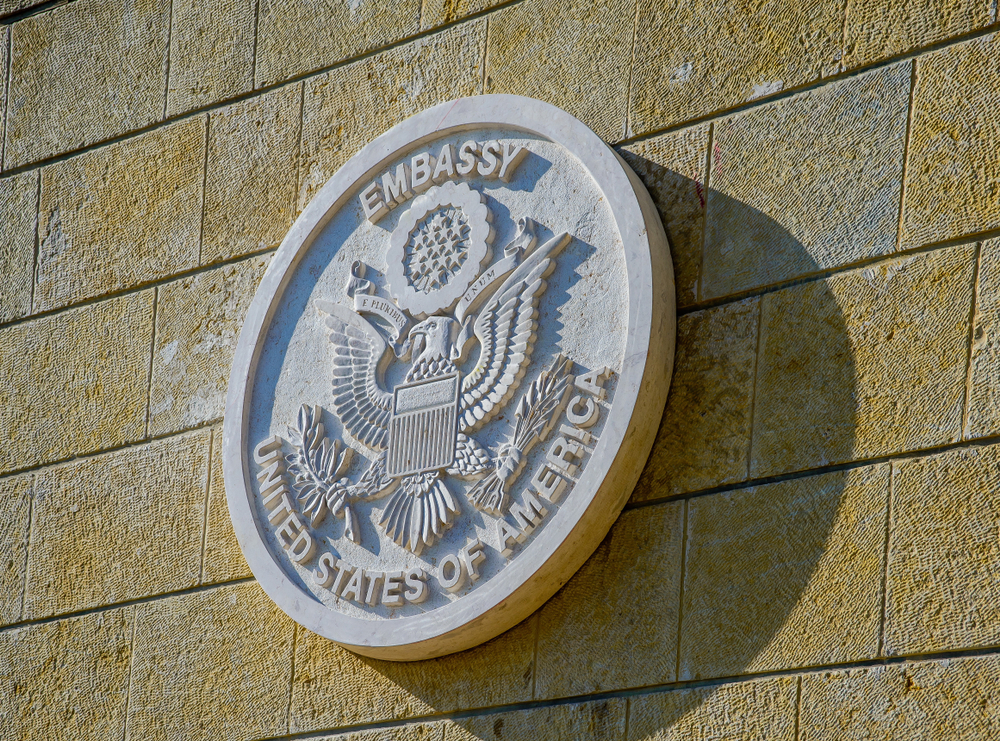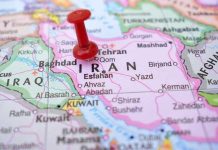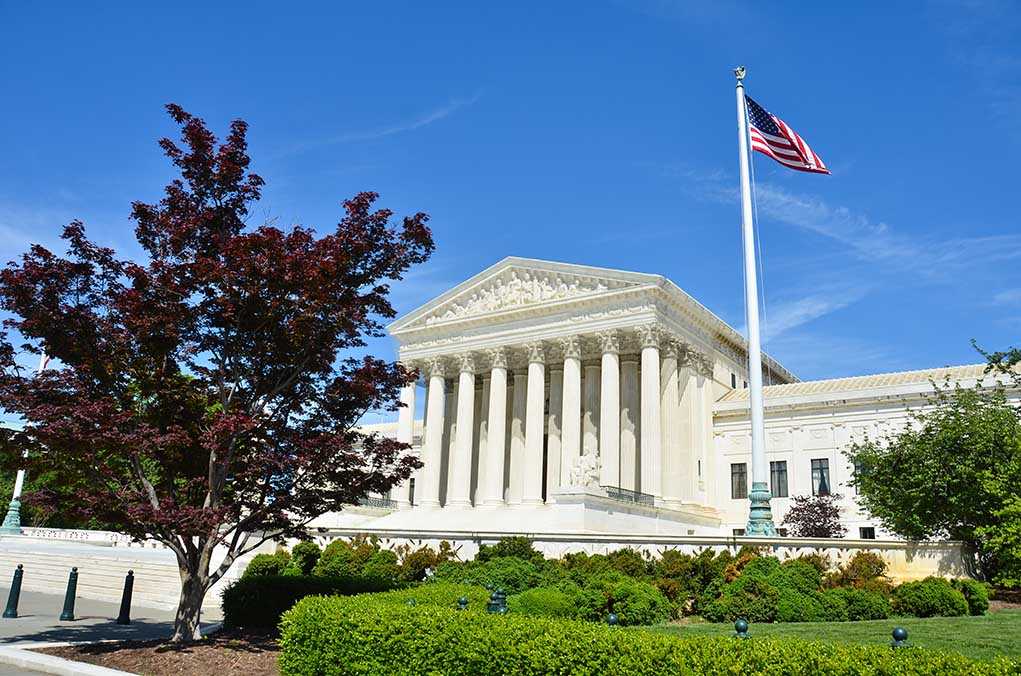
The State Department orders urgent evacuation of American embassy staff from Baghdad as President Trump confronts escalating Iran nuclear threats and regional instability.
Key Takeaways
- Non-essential US embassy personnel in Baghdad are being evacuated due to heightened security risks, particularly concerns about potential Israeli strikes against Iran
- Defense Secretary Pete Hegseth has authorized voluntary departure of military families from multiple Middle East countries as tensions escalate
- President Trump has reaffirmed that the US will not allow Iran to develop nuclear weapons while diplomatic talks have stalled
- The Pentagon believes Iran is actively moving toward nuclear weapons development, with the IAEA criticizing Iran’s lack of cooperation
- Iranian Defense Minister has threatened retaliation against US bases if military strikes are ordered against Iran
Embassy Drawdown Amid Rising Tensions
The State Department has ordered the evacuation of non-essential personnel from the US Embassy in Baghdad as regional security threats intensify across the Middle East. This strategic reduction in diplomatic presence comes as President Trump continues to prioritize American safety in an increasingly volatile region. While the embassy will maintain core diplomatic functions, officials confirm the evacuation decision follows specific intelligence regarding potential threats, particularly concerns about possible Israeli military action against Iran and the subsequent fallout that could endanger American personnel in Iraq.
“Based on our latest analysis, we decided to reduce the footprint of our mission in Iraq,” a US state department official told reporters, emphasizing that the decision was made after thorough security assessments. The evacuation order affects not only embassy staff but extends to their family members as well, signaling the seriousness with which the administration is approaching these security concerns. The drawdown comes at a critical moment when diplomatic channels between Washington and Tehran have reached an impasse over Iran’s nuclear ambitions.
NEW: “We are constantly assessing the appropriate personnel posture at all our embassies. Based on our latest analysis, we decided to reduce the footprint of our Mission in Iraq,” senior State Department official tells me. https://t.co/OQscxHrVwx
— Hümeyra Pamuk (@humeyra_pamuk) June 11, 2025
Broader Military Precautions Across the Region
Defense Secretary Pete Hegseth has expanded protective measures beyond diplomatic staff, authorizing the voluntary departure of military families from multiple countries across the Middle East. This decision affects thousands of military dependents stationed throughout the region and represents a significant escalation in the administration’s security posture. While approximately 2,500 US troops remain stationed in Iraq, the Pentagon is taking no chances with the safety of military families as intelligence suggests Iran may be preparing for potential confrontation in response to international pressure over its nuclear program.
“We are constantly assessing the appropriate personnel posture at all our embassies,” stated a US state department official, highlighting the administration’s proactive approach to protecting Americans abroad.
The heightened security measures reflect lessons learned from past confrontations with Iran, particularly the January 2020 missile attacks on US bases in Iraq following the elimination of Iranian General Qasem Soleimani. Military officials are particularly concerned about Iran’s expanding missile capabilities and proxy forces throughout the region, which could be activated against American interests if tensions continue to escalate. Despite these precautions, the administration has emphasized that US military personnel will not be involved in the transportation of evacuees.
Nuclear Tensions and Diplomatic Efforts
President Trump has taken a firm stance on Iran’s nuclear ambitions, reiterating that his administration will not permit Tehran to develop nuclear weapons under any circumstances. This position comes as the International Atomic Energy Agency (IAEA) released a concerning report criticizing Iran’s lack of cooperation and transparency regarding its nuclear program. Pentagon intelligence assessments now indicate that Iran is actively pursuing nuclear weapons capabilities, a dramatic shift that has prompted oil prices to rise amid fears of potential military confrontation.
“Non-essential US embassy staff and their dependents in Baghdad are evacuating from Iraq due to heightened security risks, US government sources said on Wednesday,” US government sources stated.
Despite the deteriorating situation, diplomatic channels remain open. US Middle East envoy Steve Witkoff is scheduled to meet with Iranian Foreign Minister Abbas Araghchi in Muscat to explore potential pathways to de-escalation. However, these diplomatic efforts face serious challenges as Iran’s Defense Minister has publicly warned of retaliation against US military installations should talks fail and military action be taken against Iranian nuclear facilities. The Trump administration’s dual approach of diplomatic engagement backed by military readiness reflects its commitment to preventing nuclear proliferation while protecting American interests.
Oil prices spiked on Wednesday afternoon after the US confirmed it prepares to order the departure of all nonessential staff from its Baghdad embassy.https://t.co/UmeZQASrWm
— OilPrice.com (@OilandEnergy) June 11, 2025











